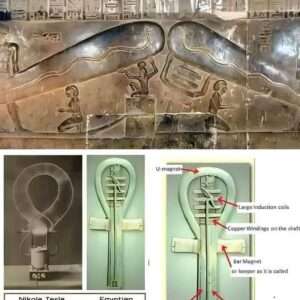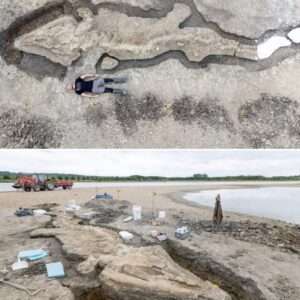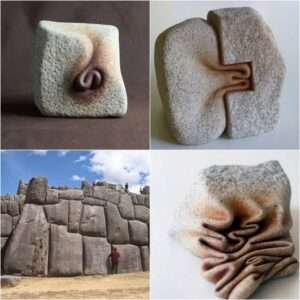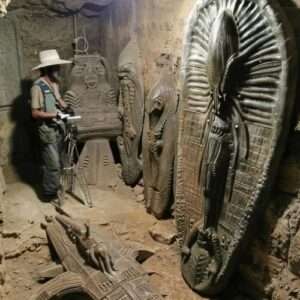A fascinating aspect of U.S. state names is that half of them, 25 to be precise, have Native American origins. These names reflect the rich history and cultural heritage of the Indigenous tribes that once thrived across the land. Let’s delve into the meanings behind the names of these states, listed in alphabetical order.

Alabama derives its name from the Alabama or Alibamu tribe, a Muskogean-speaking group. Sources suggest that the name either means ‘clearers of the thicket’ or ‘herb gatherers’.
Alaska is named after the Aleut word “alaxsxaq,” signifying “the mainland.”
Arizona’s name is derived from the O’odham word “alĭ ṣonak,” which translates to “small spring.”
Connecticut’s name originates from the Mohican term “quonehtacut,” denoting “place of long tidal river.”
Hawaii itself is an original word in the Hawaiian language, meaning “homeland.”
Illinois takes its name from the Illinois word “illiniwek,” meaning “men.”

Iowa is named after the Ioway tribe, whose name signifies “gray snow.”
Kansas derives its name from the Kansa tribe, known as the “south wind people.”
Kentucky’s origins are shrouded in mystery, with some suggesting it may have come from the Iroquoian word “Kentake,” meaning “on the meadow.”
Massachusetts is named after the Algonquin word “Massadchu-es-et,” which translates to “great-hill-small-place.”
Michigan’s name comes from the Chippewa word “Michigama,” meaning “large lake.”
Minnesota is derived from the Dakota Indian word “Minisota” signifying “white water.”
Mississippi takes its name from the river, given by the Choctaw, meaning “Great water” or “Father of Waters.”
Missouri is named after the Missouri tribe, meaning “those who have dugout canoes.”
These state names serve as reminders of the deep connections between the land and the Indigenous peoples who once inhabited them. Embracing these origins can foster a greater appreciation for the diverse cultures and histories that have shaped the United States.





